Master the Power of Python by Solving Coding Challenges and Building Fun Games
Master the Power of Python by Solving Coding Challenges and Building Fun Games

Python is a general-purpose language acknowledged for its readability, and now it is gaining fame for being highly flexible. It is a strong tool for addressing complex programming issues and developing interactive games. Recently, there has been an increased use of coding games based on the Python language as they can only help but encourage students to build more creative project using code. From a beginner strolling around the programming world to an advanced coder already familiar with the codes, Python offers unlimited opportunities for learning and advancement due to the availability of large libraries and easy syntax.
Here in this blog post, you will get to know about what you can do with Python coding, how this language can help you face coding challenges more efficiently, and how you can learn game development with the help of practical examples and tutorials.
Unleash Python’s Full Potential by Solving Complex Code Challenges
Python is among the most widely used and popular programming languages because of its flexibility in web development, data analysis, and artificial intelligence. Solving coding challenges is also one of the most effective ways to enhance your learning, preparing you for more complex development. Let's understand each of them in detail in the subsections below.
Why Coding Challenges?
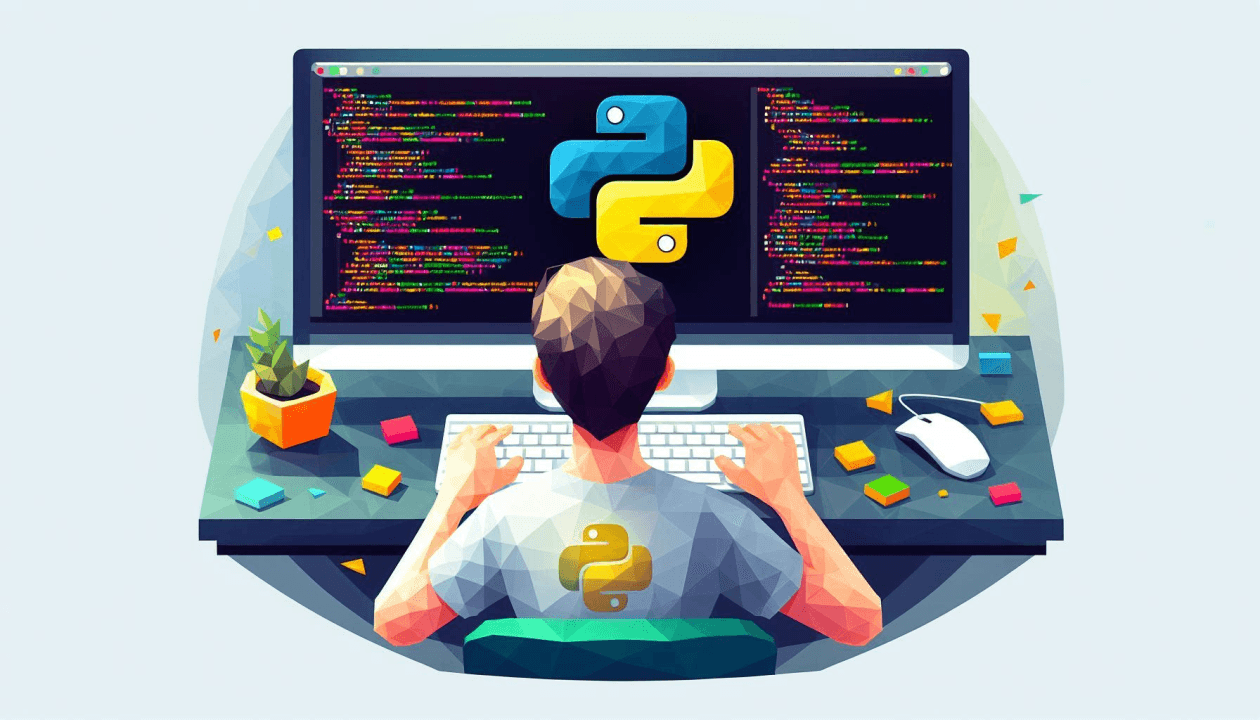
Coding activities are good, fun ways to develop algorithmic minds and solutions. It suggests that coding challenges divide complicated problems into smaller segments, evaluate solutions, and enhance programming skills.
On platforms like HackerRank, LeetCode, and Codeforces, hundreds of problems are tagged by Python and range from very basic to competitive programming levels. These platforms cover real-life situations where developers apply simple loops to complex data re-arrangement. In these, you will discover how to reason and improve your code, which is fundamental when it comes to software development.
Impact of Solving Challenges

Interacting with the coding questions helps expand your Python skills and build the necessary base for developing sophisticated applications, including games. Solving complex issues enables you to learn algorithms, recursion, dynamic programming, and object-oriented programming which are fundamental in designing games.
When moving from coding challenges to building games, all the information obtained contributes to making work easy, including logic integration, resource usage, and a seamless user experience. For example, integrating AI navigation in Python-driven games corresponds to solving path-finding challenges.
Furthermore, to solve challenges, it is possible to become an expert in using Python’s libraries, such as the Pygame module(pip install pygame) for developing games or reckoning with NumPy, as mathematics is also involved in game-playing algorithms. Most successful developers employ this learning approach to developing their initial coding applications in Python, where learners solve problems creatively.
Exploring Interesting Python Programs for Games Developers
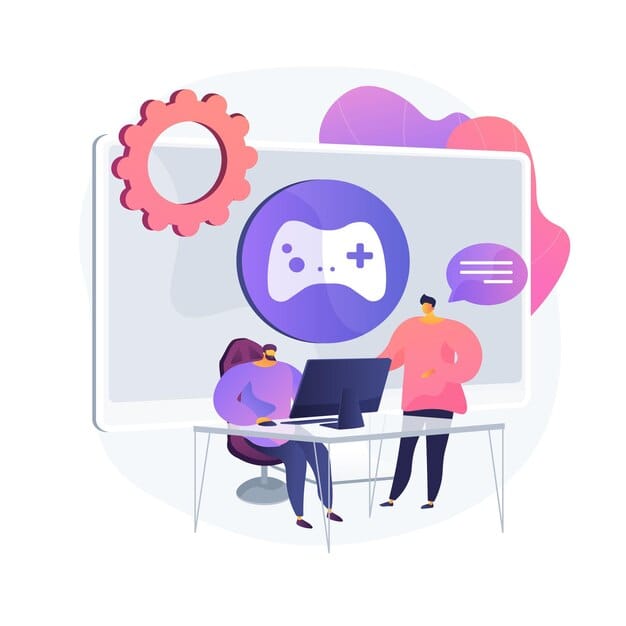
Python is a language that every aspiring games developer should have on his list because of its simplicity, flexibility, and ability to create wholesome games. Several fascinating Python programs can be used as a starting point for approaching game development and encouraging to produce more creative ideas and reminding about important aspects of coding.
What Are Interesting Python Programs?

Interesting programs for game developers using Python sometimes comprise tasks that represent specific ideas of mechanics, physics, and design. Some examples include general game frameworks, simple game engines, interactive simulations, and recreation of all the famous games.
✅ Pygame Library Projects
Pygame is a Python library module used for game programming. The games include a basic program such as the Snake game, a simple arcade game such as Pong, etc.
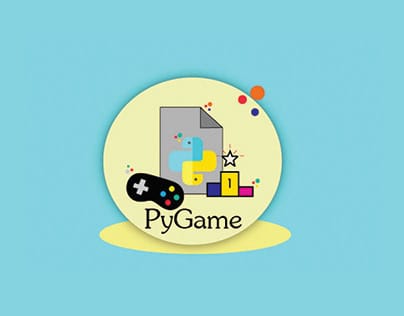
✅Maze Generators
Maze creation and solving programs are great for learning. They assist developers in learning algorithms such as depth-first search (DFS) and breadth-first search (BFS) applied in-game AI.
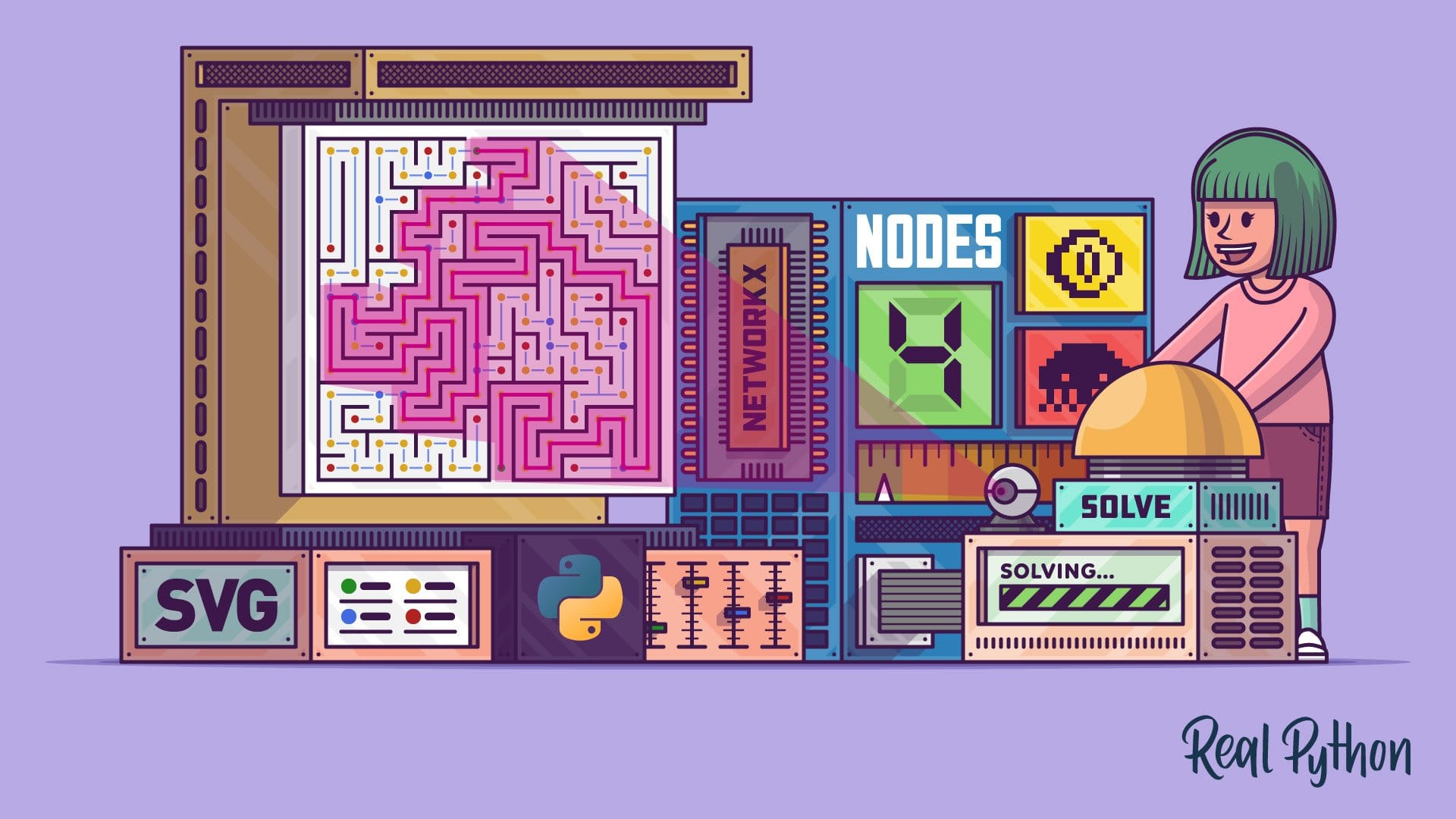
✅Physics Simulations
Physics Games—like the bouncing ball—that recreate gravity or the projectile are particularly flawless. Such programs illustrate issues like velocity, acceleration, and collision response.

It is not only enjoyable to create or play such programs, but it is also useful to start from these to learn how various richer games operate.
✅Learning from Examples

It can be clearly understood that examining and reproducing these Python programs can have a lot of advantages for kids and novices. These projects depict simple things such as loops (for and while loop), conditions, and functions in the simplest form and at the same time in a fun way. For instance, constructing a Tic-Tac-Toe game brings the essential concepts of the two-dimensional array and how to win into focus beginners.
Games such as a very simple Flappy Bird rip-off or a brick breaker game, just to mention a few, would teach basic game mechanics like physics, controlling movement, scoring, and levels. It is important to realize that these mechanics are the foundation of creating fully realized gameplay.
For children, art-based activities like making a color match game or a simple picture match-up using a jigsaw will be highly effective. They enable ‘them’ to link their code to some outcome, which in return refreshes their understanding of thought processing and innovation.
Enhance Your Knowledge of Python by Solving Immersive Coding Challenges
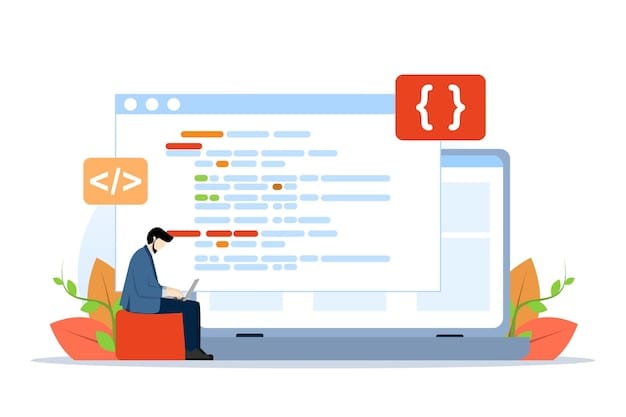
The interactive learning method enhances Python coding since it combines coding problems with practical exercises. A stepped journey on sites such as Codecademy’s Python course is like a mandatory pass, an easy-way-to-go approach that strives to keep up with the thrusts of the world today by imparting elementary lessons of Python with enactments of tasks and exercises. Like with exergames, PyGame exercises allow the learners to develop mini-games while getting through the most important notions like object-oriented programming, event handling, and graphics rendering.
Now, platforms like Kaggle, HackerRank, and LeetCode also offer Python programming challenges comprising discrete logical problems and practical uses. This complements the platforms’ tutorials and makes for an even more compelling learning experience.
Progressing Through Challenges
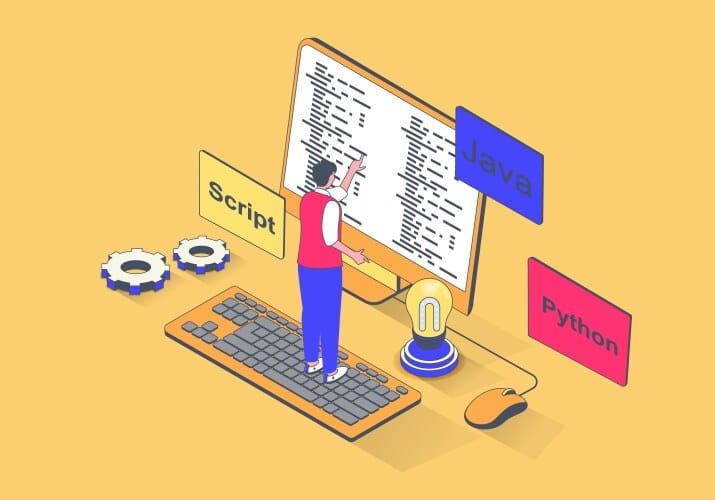
Simulation programming problems are intended to progress from basic-level content, such as loops and functions, to more complex items, such as recursion, data structures, and algorithms. For example, an initial level may contain basic problems, such as creating a calculator, whereas, at an advanced level, learners will be required to develop sorting algorithms or intelligent bots.
These particular challenges are especially valuable for anyone hoping to use Python to make games. Newbies should perhaps begin with developing a basic text-based adventure game to understand how to handle the inputs and flow of the game. With these steps, they can undertake more advanced projects, which include creating a Snake game or a Breakout game using PyGame. These tasks are educational for the general development of games, as they introduce such concepts as collision detection, sprite animations, and adding sound (using sound libraries).
Interesting Python Programs That Have Inspired Game Developers to Try Their Hand at Coding-Based Games Projects
Due to eventually increasing features and functions, Python has offered game developers numerous inspiring projects for starters that gradually become innovative creations. Several popular games started as small Python experiments, serving as stepping stones for aspiring developers.
✅Snake Game
This problem-solving game is a common starting point for any developer to get acquainted with coding-based projects. Created with the help of the Pygame, it helps to learn crucial programming elements such as events, collisions, and games loops.
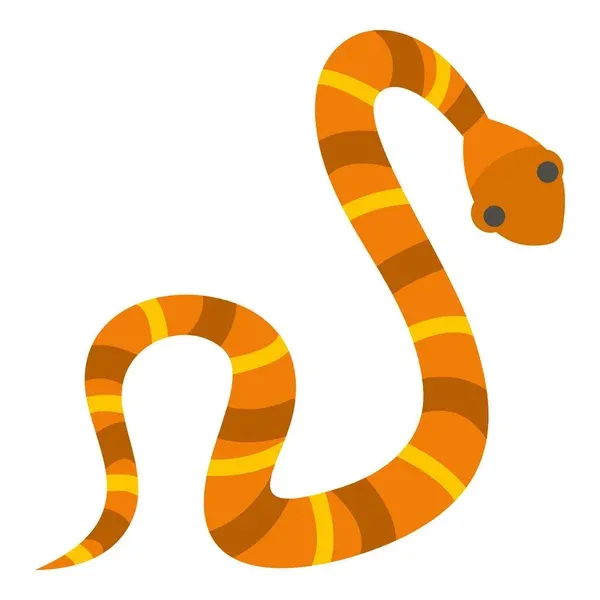
✅Flappy Bird Clone
Many Python developers have remade this popular mobile game as a fun coding test. Its fundamentals are easy: the principle of gravity and control over the movement of the blocks creates an excellent ground for enquiring into deeper concepts.
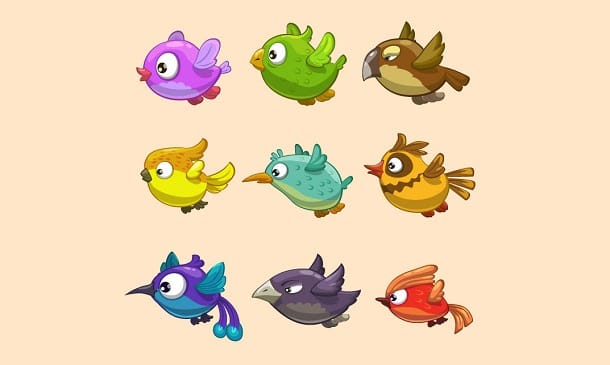
✅Tetris
Replicating the game Tetris using Python educates the novice coder not only in the game structure based on the grid but also in ideas such as shape rotation and score making.
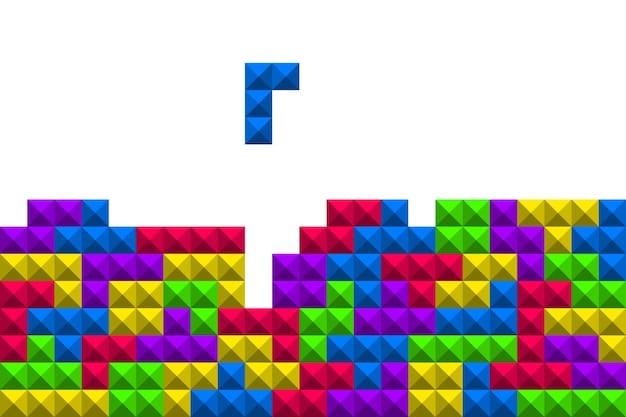
These practical use cases demonstrate that Python can help developers start with a small project and gradually develop complex abilities.
Python’s Role in Developing Games
Python is one of the favourite programming languages for building games, as it supports many development architectures. Library support for games is provided by libraries such as Pygame to develop simple 2-dimensional games, Arcade for developing 2d simple games but with advanced features, and frameworks such as Panda3D can be used to develop more complex 3dimensional games.
To newcomers, Python is a starting point for the mechanics that make games more practical, like physics engines, AI, sound, etc. Python embodies the decentralized prototype nature which makes it possible in this software development to experiment, which is core to the game's creation.
Also, Python encourages developers to look beyond 2D games. As they progress with the assigned material, they can realize projects such as designing multiplayer games or procedural generation of world space. Many developers owe their first Python programs for inspiring them to become game designers and coders.
Advance Your Programming Journey in Python by Solving Challenging Coding Problems
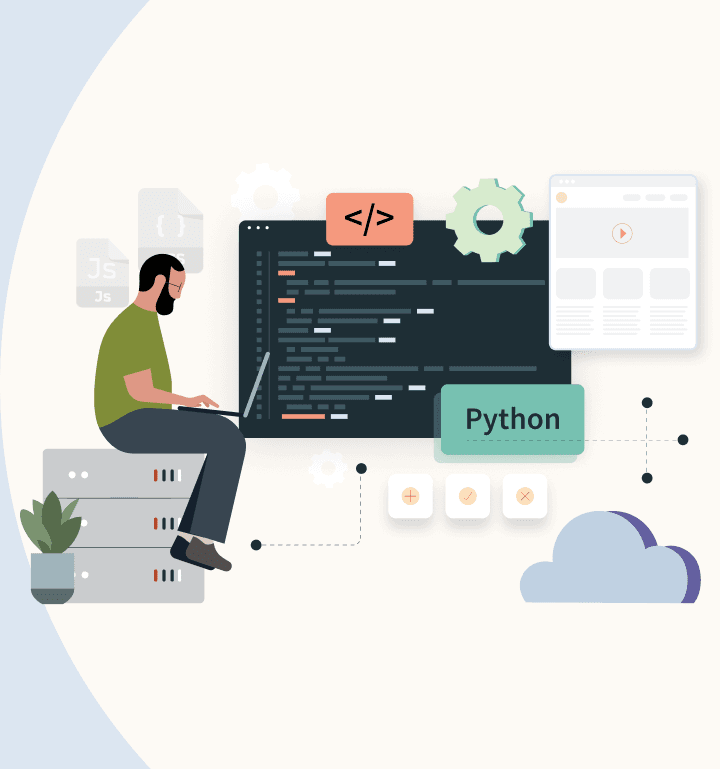
Difficult programming puzzles are critical to leveling up your coding in Python. Addressing these issues increases your awareness of Python and game mechanics and equips you for sizable tasks.
For instance, details linking to algorithm enhancement may help increase your game loops, providing happy and seamless performance. Lessons such as developing the concept of collision detection show how to manage scenarios between objects relevant to fast-paced games. Difficulties in rendering techniques, such as controlling animations or creating expressions with lights, challenge your imagination as well as your programming abilities.
Frameworks such as Pygame and Arcade give individuals the resources to practice and understand these ideas as they pertain to Python-based gaming.
Entering the Next Level of Games Development
Solving these elaborate questions enables the learners to develop the strategies for developing a game using Python and is not limited to just graphics. For example, knowledge of optimising algorithms contributes to creating opponents based on artificial intelligence, or extensive simulation. Acceleration in collision detection helps the player to implement the simulation of physics, including the character’s movement or destroyable landscapes.
As you advance, these abilities help develop more complex games, such as dedicated multi-player platforms, games with dynamically generated levels, or games based on 3D environments. The general utility of the language combined with a number of useful modules enables developers to bring their inventive ideas into existence, which makes Python a perfect language for those who consider becoming game developers.
Conclusion

Python is a highly useful language for building games. It is ideal for novices because it is a simple language, boasts a robust library, and has a friendly community. To develop a good base for making games, you should start with some basics, solve several programming problems, and work on some simple projects.
Depending on your level, the degree of difficulty that you will solve will help to polish your design abilities of sophisticated game mechanics and implement creative concepts. Learning Python for games is a fun and never-ending path to developing as a programmer and a game designer.
Python Coding Games - FAQs
How can beginners master Python coding for games and develop their abilities efficiently?
To start your journey in making games using Python, follow this step-by-step process:
Learn Basics: Start with concepts such as variables, loops, functions, and classes. These are important in the study of games to know how they work.
Practice Coding Challenges: Some sites like HackerRank and LeetCode provide Python challenges for enhancing problem-solving skills.
Can you recommend Python coding for games that help in game development?
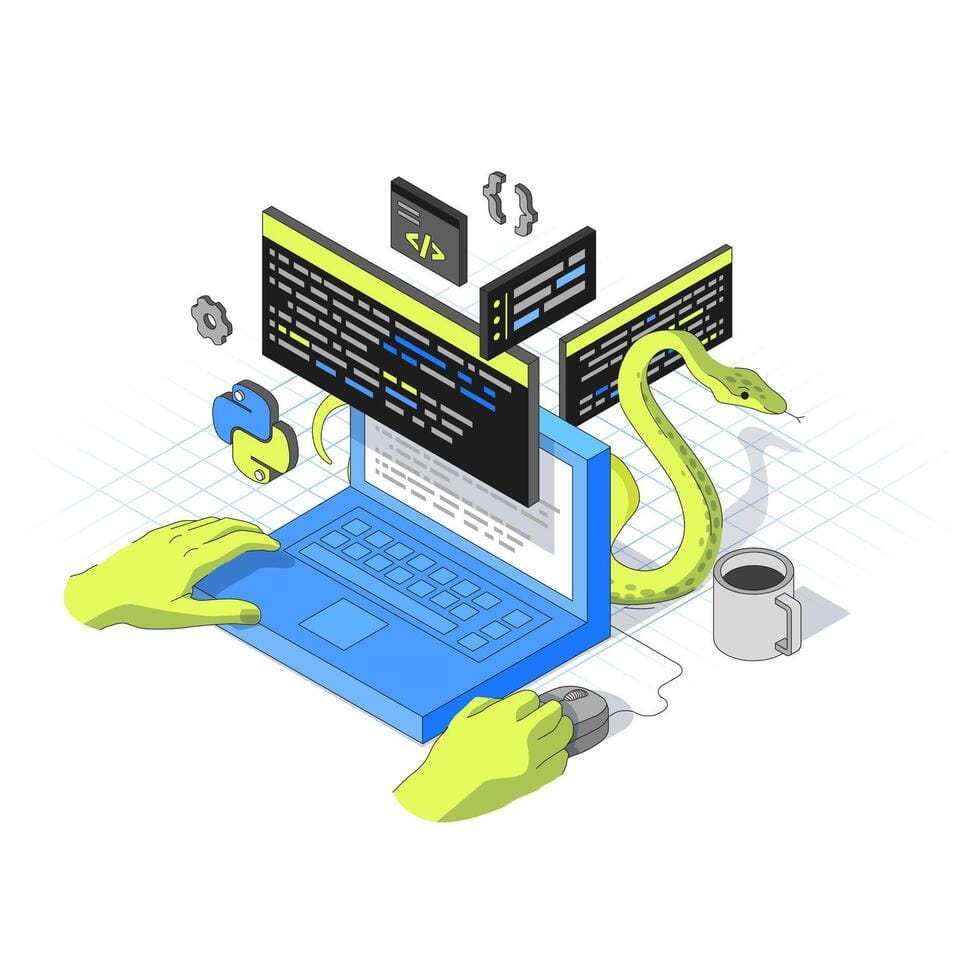
Beginner-friendly project such as:
Tic-Tac-Toe game: Teaches the handling of grid-based logic and the form to take the player input.
Hangman: This is centered on string manipulation and user input.
Snake Game: Introduces event handling and shows how to implement it in the context of simple collision detection.
These mini-tasks are very useful in helping to build the game's core mechanisms and offer a sense of achievement.
What makes Python coding for games an ideal language for developing interesting programs?
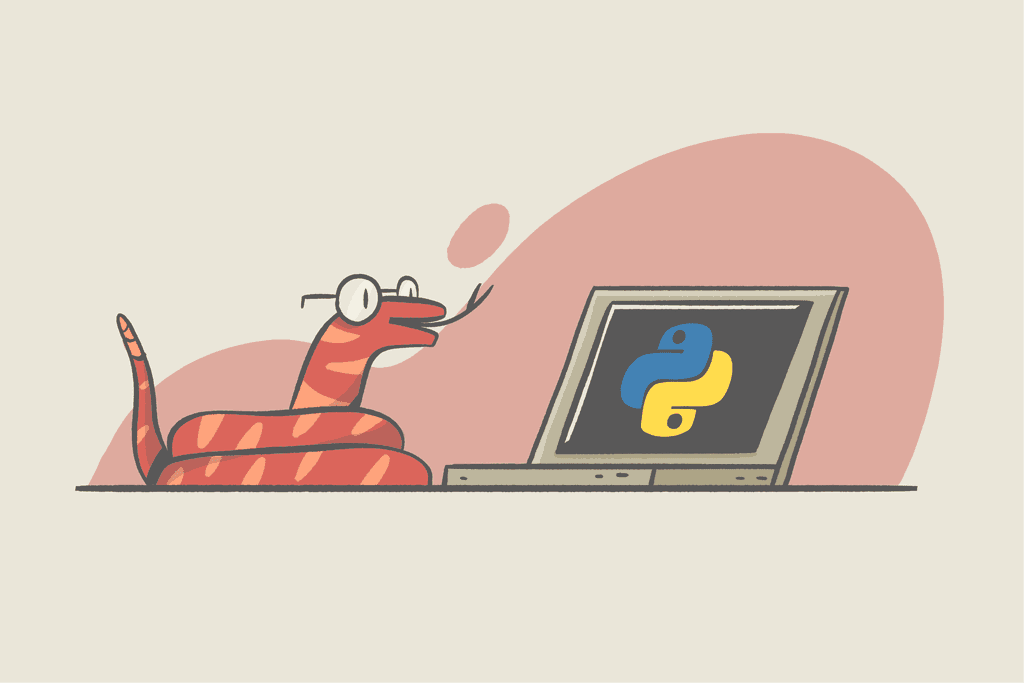
Python is a fantastic language for building games because of its:
Simplicity: Simple syntax of the language also makes it possible for learners to learn the language easily.
Extensive Libraries: Many tools are available today that let developers create games, such as Pygame, Arcade, and Panda3D.
Community Support: A large and vibrant user base can offer help with the course materials, guidelines, and solutions for learners of all kinds.
How do you approach writing game Python code as a new developer?

Start with a clear plan:
Define Game Objectives: Determine what your game will or will not accomplish and how it will interact.
Plan Logic: Describe the mechanics of the game to include points, how the character moves, and how they may or may not interact.
Write Step-by-Step Code: Use a step-by-step approach, and it will be vital to hard-code each component to determine its functionality.
How long does it take to master Python through coding challenges and game development?
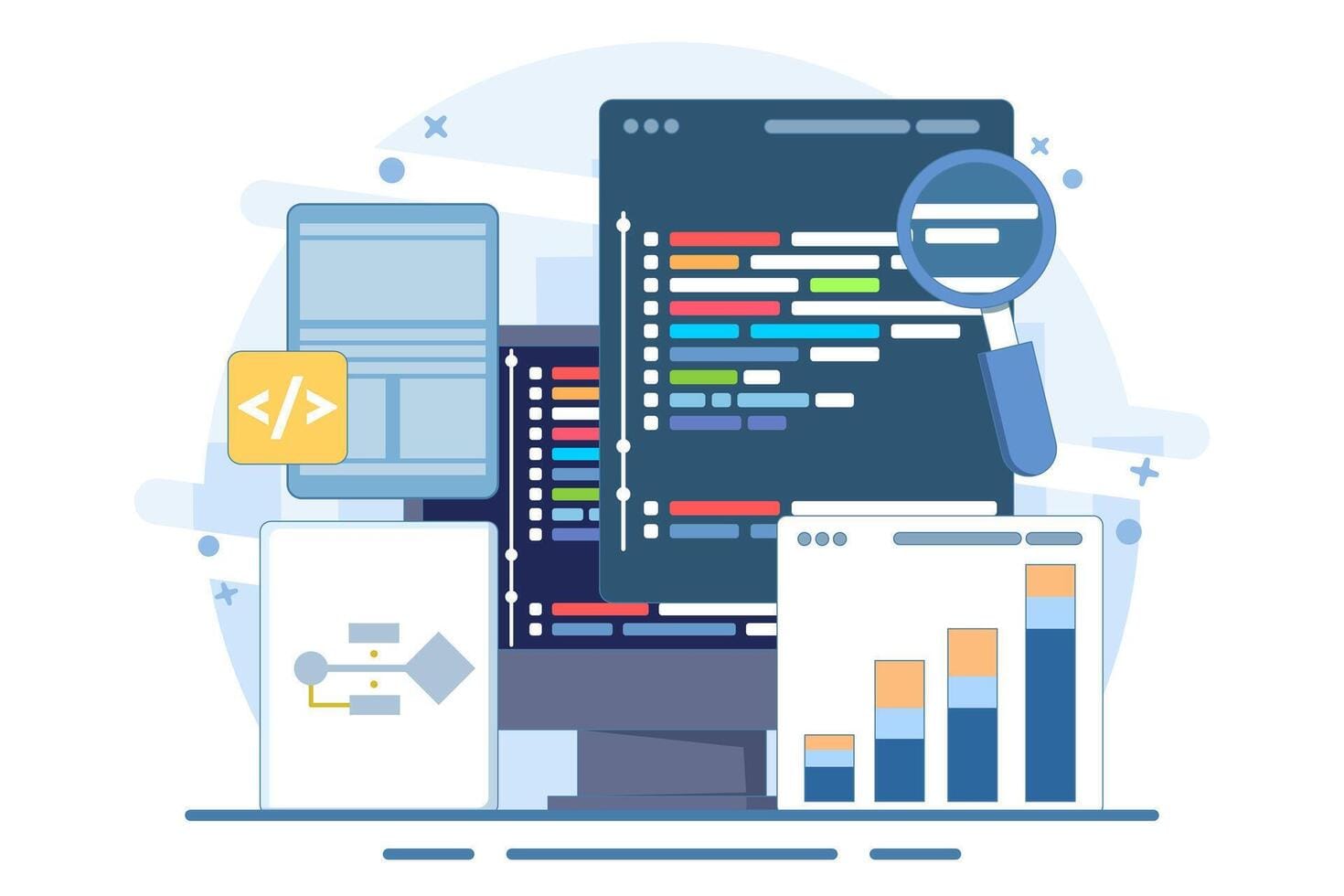
Depending on how much time one spends doing it, it may take anything from a few months to a year. As with any programming language, those who set out time to code problems and games can acquire skills by moving from basic games to more complex applications.
How does solving Python-based coding challenges prepare developers for advanced game mechanics?
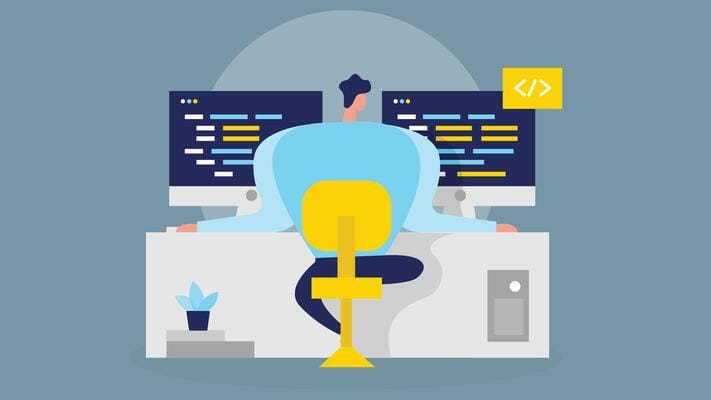
Pattern difficulties enhance the thinking and analytical capacities, which are vital for special game mechanics. For instance:
It is clear that improving algorithms improves the facility of games more than anything else.
Challenges such as navigating to different levels in the game build the foundation for developers' use of AI in characters.
Engaging in physics-based challenges prepares the developers for real-life interaction in the games.
What are the easiest methods for learning how to make a game in Python?
Learn game development in Python using beginner-friendly libraries like Pygame or Arcade. Follow tutorials, build small projects (e.g., Snake, Pong), explore free assets, join communities (Reddit, Discord), and participate in game jams. Start simple and gradually increase complexity.
Comments
Your comment has been submitted